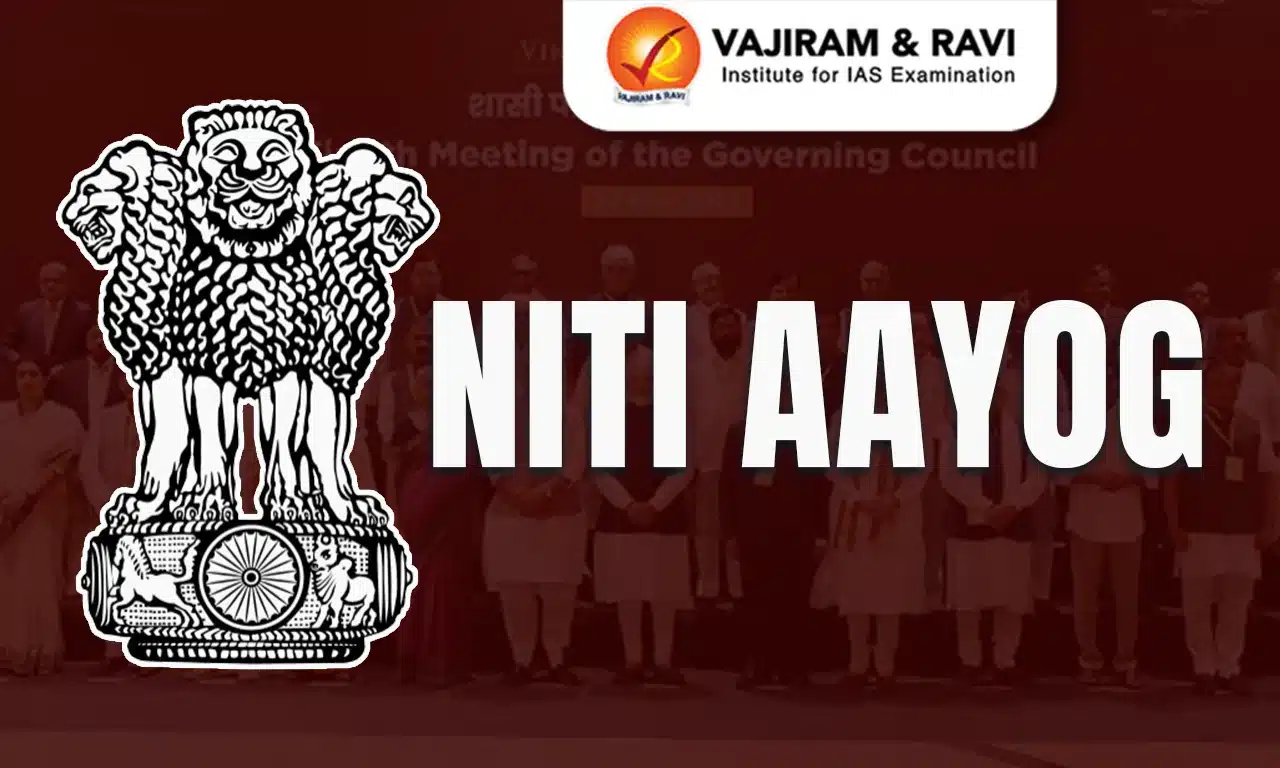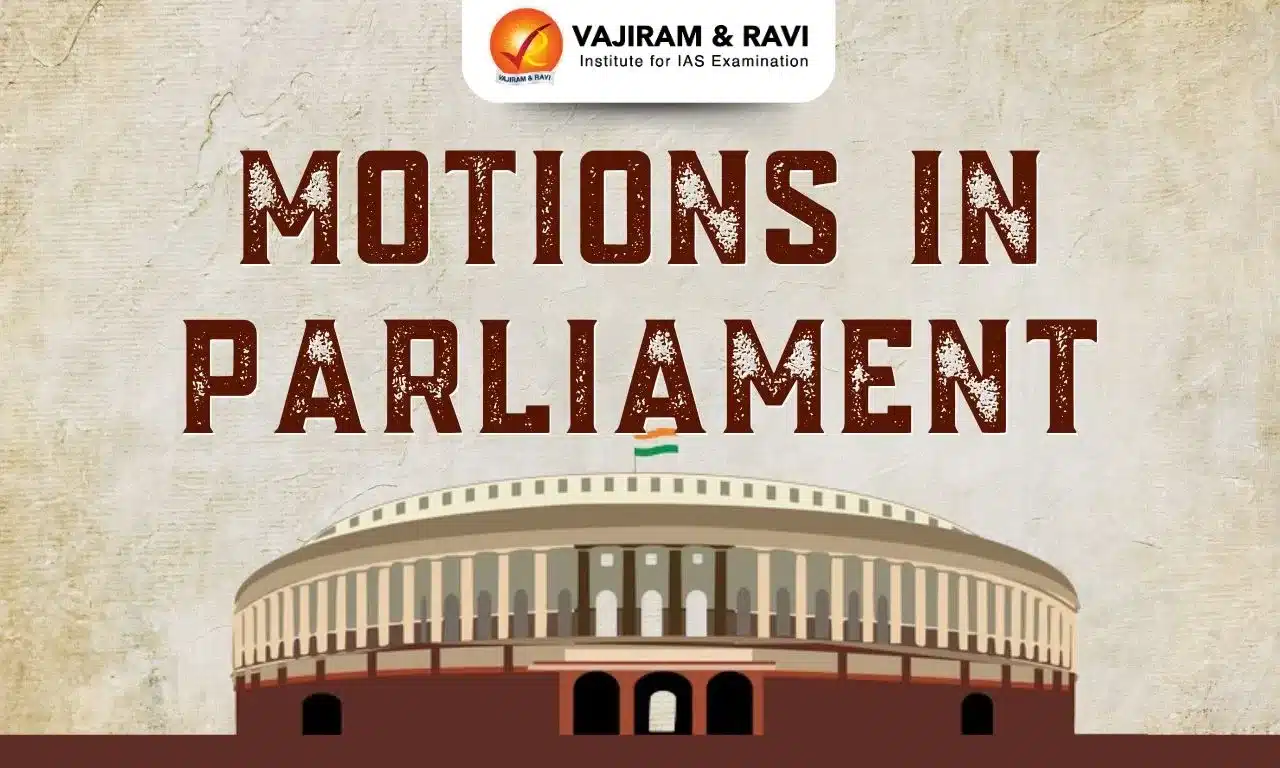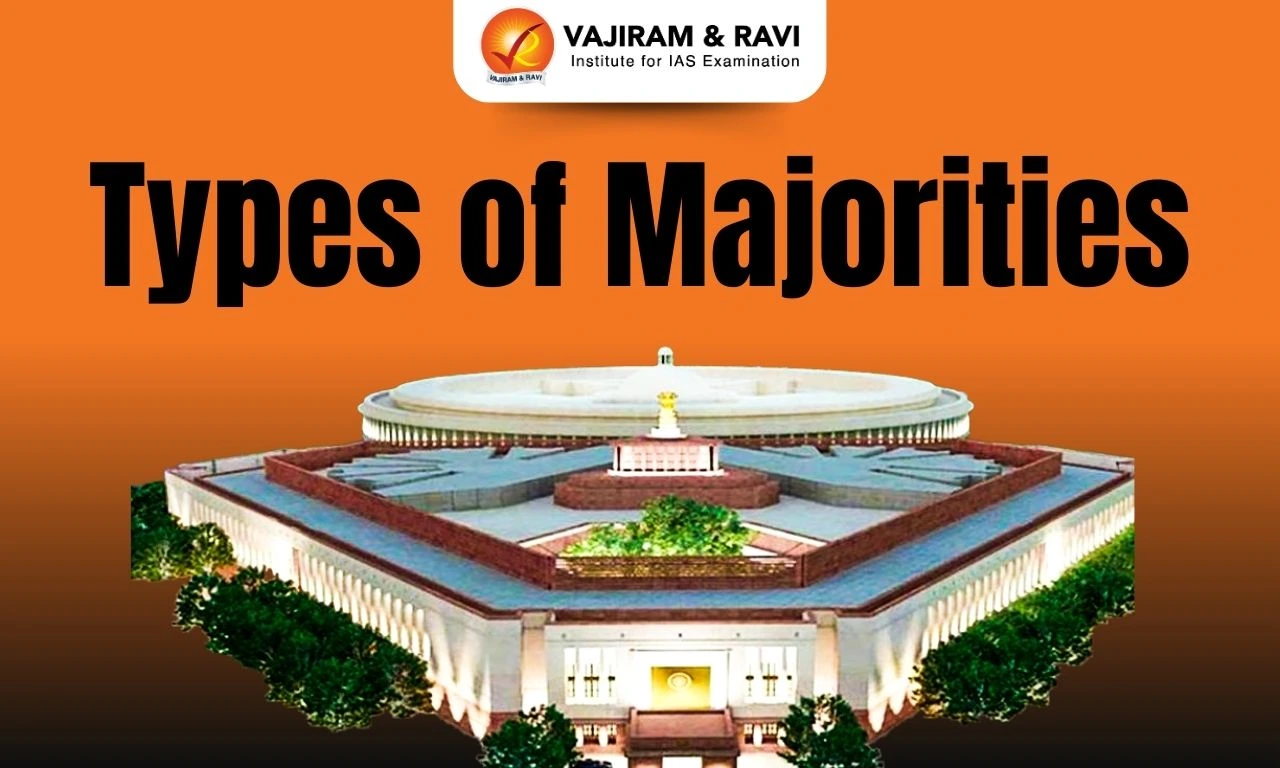Lord Wellesley (Lord Richard Colley Wellesley), was a prominent British statesman and colonial administrator who served as Governor-General from 1798 to 1805. During his tenure, he pursued aggressive expansionist policies through the Subsidiary Alliance, which increased British influence in India via military conquests and strategic alliances.
Lord Wellesley's policies established British supremacy in India, making him one of the most influential colonial administrators of his era.
Lord Wellesley
Lord Richard Colley Wellesley, known as Lord Wellesley, born on June 20, 1760, in Dublin, Ireland, was a prominent British statesman. Educated at Eton College and Christ Church, Oxford, he developed a strong interest in politics and governance, beginning his career as a Member of Parliament and holding various diplomatic roles.
- His ambition for expanding British influence in India became clear when he was appointed Governor-General in 1798.
- His tenure was marked by massive victories over Indian kingdoms, as well as policies aimed at spreading British power throughout India.
Lord Wellesley Significant Events
Lord Wellesley's tenure was crucial for British India's growth, marked by strategic alliances and military victories. His policies, like the Subsidiary Alliance, helped strengthen British control through events like the Fourth Anglo-Mysore War and Awadh annexation.
- Subsidiary Alliance: Lord Wellesley introduced the Subsidiary Alliance, allowing British control without direct annexation. Indian rulers were required to host British troops and avoid foreign alliances without British consent. In return, the British offered protection.
- The Nizam of Hyderabad was the first to sign, followed by Mysore, Jaipur, Awadh, and others.
- Fourth Anglo-Mysore War: In 1799, Wellesley led the British against Tipu Sultan in the Fourth Anglo-Mysore War. Tipu was defeated and killed at the Siege of Seringapatam, ending French influence in the region and restoring the Hindu Wodeyar dynasty in Mysore.
- Second Anglo-Maratha War: Wellesley exploited Maratha conflicts in the Second Anglo-Maratha War (1803-1805) to extend British control in central and western India. Victories like the Battle of Assaye forced the Marathas to accept the Treaty of Bassein, cementing British dominance.
- Censorship of the Press Act (1799): To control public sentiment, Wellesley introduced the Censorship of the Press Act in 1799, requiring prior approval for publication, later extending to all forms of media.
- Fort William College: In 1800, Lord Wellesley established Fort William College in Kolkatta to train British civil servants in Indian languages and culture. However, in 1806, the East India Company shifted training to Haileybury in England.
Lord Wellesley Legacy
Lord Wellesley expanded British control in India through the Subsidiary Alliance System, military campaigns, and trade reforms, setting the stage for British dominance despite financial disputes and strains.
- Expansion of British Influence: Lord Wellesley's tenure is best remembered for expanding British control in India. Through the Subsidiary Alliance and military campaigns, he reduced Indian states' sovereignty and brought them under British authority.
- Subsidiary Alliance System: This diplomatic strategy allowed the British to control Indian states without direct annexation, laying the foundation for future dominance.
- Trade Restrictions: Wellesley removed trade barriers between Asia and Europe, strengthening commercial ties and boosting the British economy.
- Financial Strain and Disputes: His wars and policies strained British finances, leading to conflicts with the East India Company over the financial burden of his administration.
- Foundation for British Supremacy: Wellesley's policies, though costly, established the foundation for British dominance in India, shaping the empire's future.
Lord Wellesley UPSC PYQs
Question 1: Which one of the following statements does not apply to the system of Subsidiary Alliance introduced by Lord Wellesley? (UPSC 2018)
(a) To maintain a large standing army at others' expense
(b) To keep India safe from Napoleonic danger
(c) To secure a fixed income for the Company
(d) To establish British paramountcy over the Indian States
Answer: (c)
Question 2: With reference to educational institutions during colonial rule in India, consider the following pairs : (UPSC Prelims 2018)
Institution Founder
- Sanskrit College at Benaras-William Jones
- Calcutta Madarsa - Warren Hastings
- Fort William College -Arthur Wellesley
Which of the pairs given above is/are correct?
- 1 and 2 only
- 2 only
- 1 and 3 only
- 3 only
Answer: (b)
Last updated on March, 2026
→ UPSC Notification 2026 is now out on the official website at upsconline.nic.in.
→ UPSC IFoS Notification 2026 is now out on the official website at upsconline.nic.in.
→ UPSC Calendar 2026 has been released.
→ UPSC Final Result 2025 is expected to be released soon.
→ Check out the latest UPSC Syllabus 2026 here.
→ Join Vajiram & Ravi’s Interview Guidance Programme for expert help to crack your final UPSC stage.
→ UPSC Mains Result 2025 is now out.
→ UPSC Prelims 2026 will be conducted on 24th May, 2026 & UPSC Mains 2026 will be conducted on 21st August 2026.
→ The UPSC Selection Process is of 3 stages-Prelims, Mains and Interview.
→ Prepare effectively with Vajiram & Ravi’s UPSC Prelims Test Series 2026 featuring full-length mock tests, detailed solutions, and performance analysis.
→ Enroll in Vajiram & Ravi’s UPSC Mains Test Series 2026 for structured answer writing practice, expert evaluation, and exam-oriented feedback.
→ Join Vajiram & Ravi’s Best UPSC Mentorship Program for personalized guidance, strategy planning, and one-to-one support from experienced mentors.
→ Check UPSC Marksheet 2024 Here.
→ UPSC Toppers List 2024 is released now. Shakti Dubey is UPSC AIR 1 2024 Topper.
→ Also check Best UPSC Coaching in India
Lord Wellesley FAQs
Q1. What is Lord Wellesley famous for?+
Q2. What are the reforms of Lord Wellesley?+
Q3. What was the battle of Lord Wellesley?+
Q4. In which year Lord Wellesley became the Governor-General of India?+
Q5. What was the reason for Lord Wellesley resigning?+














